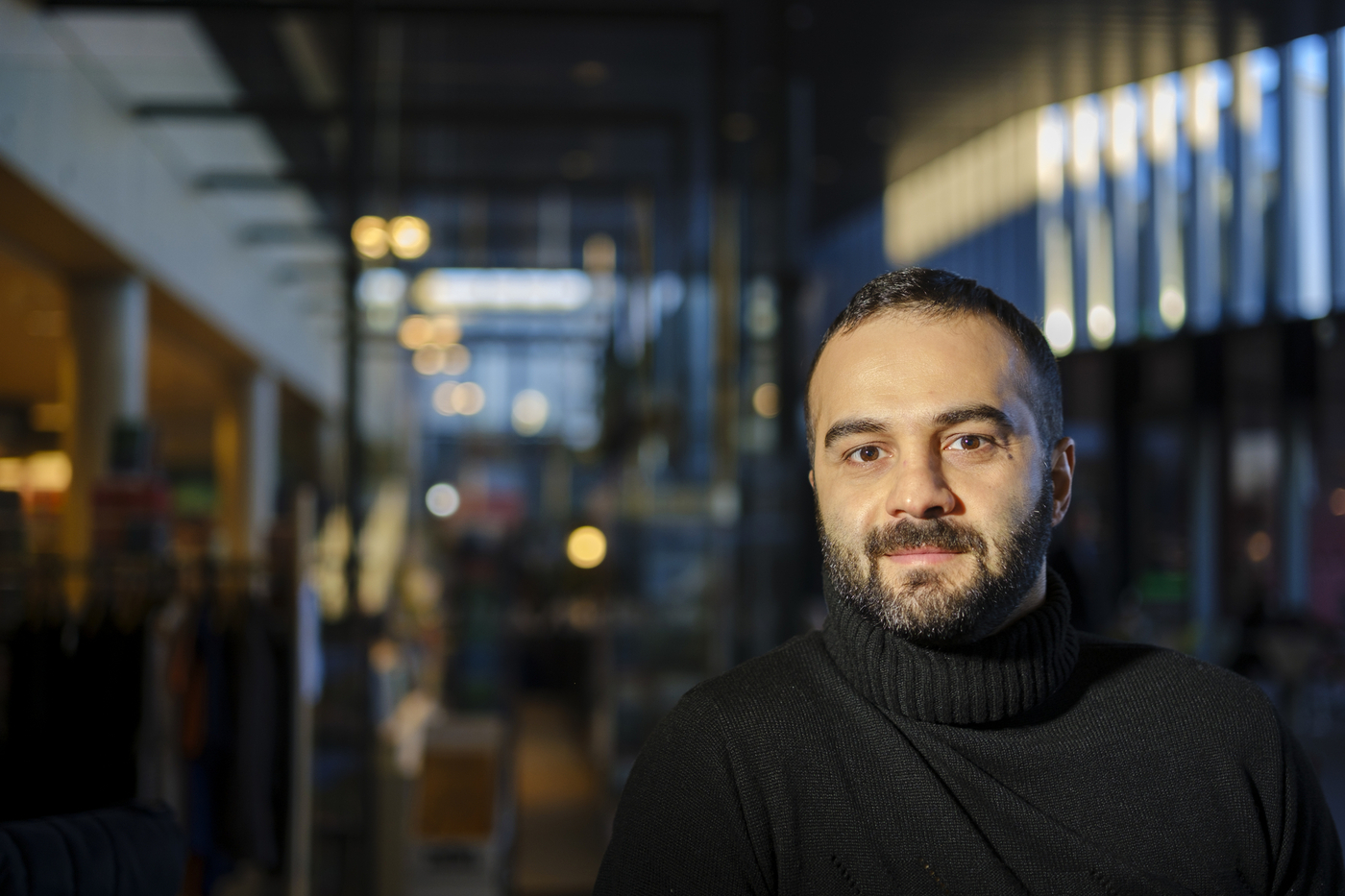“The essence of my research resides in the vibrant realm of sports sociology. I want to understand the intricate interplay of social and cultural dynamics that engender the success of a particular sport in a particular society. Brazilian football, Indian cricket, Kenyan long-distance running, New Zealand rugby, Iranian wrestling, are all cases in point,” says Iranian doctoral student Saeed Shamshirian about his research in sociology at the University of Iceland.
His focus is on Iran´s success in wrestling. In his home country, wrestling is far more than a mere sport; it is both the nation's sporting pride and a vital part of its national, religious, and cultural identity, according to Saeed. “On a global scale, wrestling stands as the crown jewel of Iran's international sporting achievements, with a remarkable 47 out of 76 Iranian Olympic medals proudly earned within the realm of wrestling.”
Saeed is no stranger to the sport himself having trained and competed in wrestling for many years. “Sports have held a special place in my life for as long as I can remember. I have dedicated about two decades to the sport as a wrestler, a coach, and a researcher. I studied sports psychology during my master's studies, and I examined the mental characteristics of Iranian wrestlers from a psychological perspective,” says Saeed.
However, as he got older, he became more aware of the significant impact of social factors that shape people’s lives. „” guess everyone has reached that stage in their life trajectory where they thought destiny was not always in their hands, and their environment really mattered. As the African proverb so aptly says, “It takes a village to raise a child.” This realization led me to shift my focus, aligning my studies with the broader social context,” says Saeed and add he was fortunate enough to have crossed paths with his supervisor, Viðar Halldórsson, professor of sociology at the University of Iceland who has devoted considerable time to this field of study in Iceland. Viðar has conducted extensive research on Iceland´s success in handball, football, basketball, group gymnastics, and other sports on a global level and his research has become renowned in the field within the country and internationally.
Iranian wrestling success rooted in the social fabric and culture
Saeed uses diverse research methods to explore his subject, both quantitative and qualitative. “My approach leans more heavily toward the qualitative side of the spectrum by using ethnography, interviews, and analysing existing documents,” Saeed adds.
His findings thus far shed light on some interesting phenomena, among them how the success of Iranian wrestling doesn't hinge solely on individual abilities. “It is deeply embedded in the social fabric. This success story has its roots in cultural foundations, the way it is locally structured and organized, the web of cooperative networks, and a tapestry of social relationships that collectively come together, shaping the perspectives, attitudes, and motivations of individuals in the world of sports. Together, these factors craft a strong social tradition of nurturing exceptional wrestlers.”
“Coaches and sports leaders can use the insights from my research to foster a positive team environment. They can learn how cultural factors and social organizations can enhance a team's performance and unity,” says Saeed.

Success in sports benefits society
When asked Saeed points out that the research can have many benefits for society. It carries a hope for athletes who may find themselves trapped in the myth that success in sports is solely determined by natural talent. “What my work reveals is that success in sports is a path illuminated not only by talent but also by the unwavering commitment to hard work, the strength of cultural support, and the power of robust social bonds.”
The research can also be of use for coaches and sports administrators. “Coaches and sports leaders can use the insights from my research to foster a positive team environment. They can learn how cultural factors and social organizations can enhance a team's performance and unity,” says Saeed.
Furthermore, governments can utilize this new knowledge to bolster their support for sports, whether they aim to win championships or improve the overall wellbeing of their citizens. “My research highlights the significance of sports achievement for the mood of their citizens.”
Saeed underlines that the essence of the research is a stepping stone toward a more inclusive and informed approach to sports. “It benefits athletes, coaches, and entire nations. It underlines the power of community, culture, and collective endeavour in achieving success in sports.”




